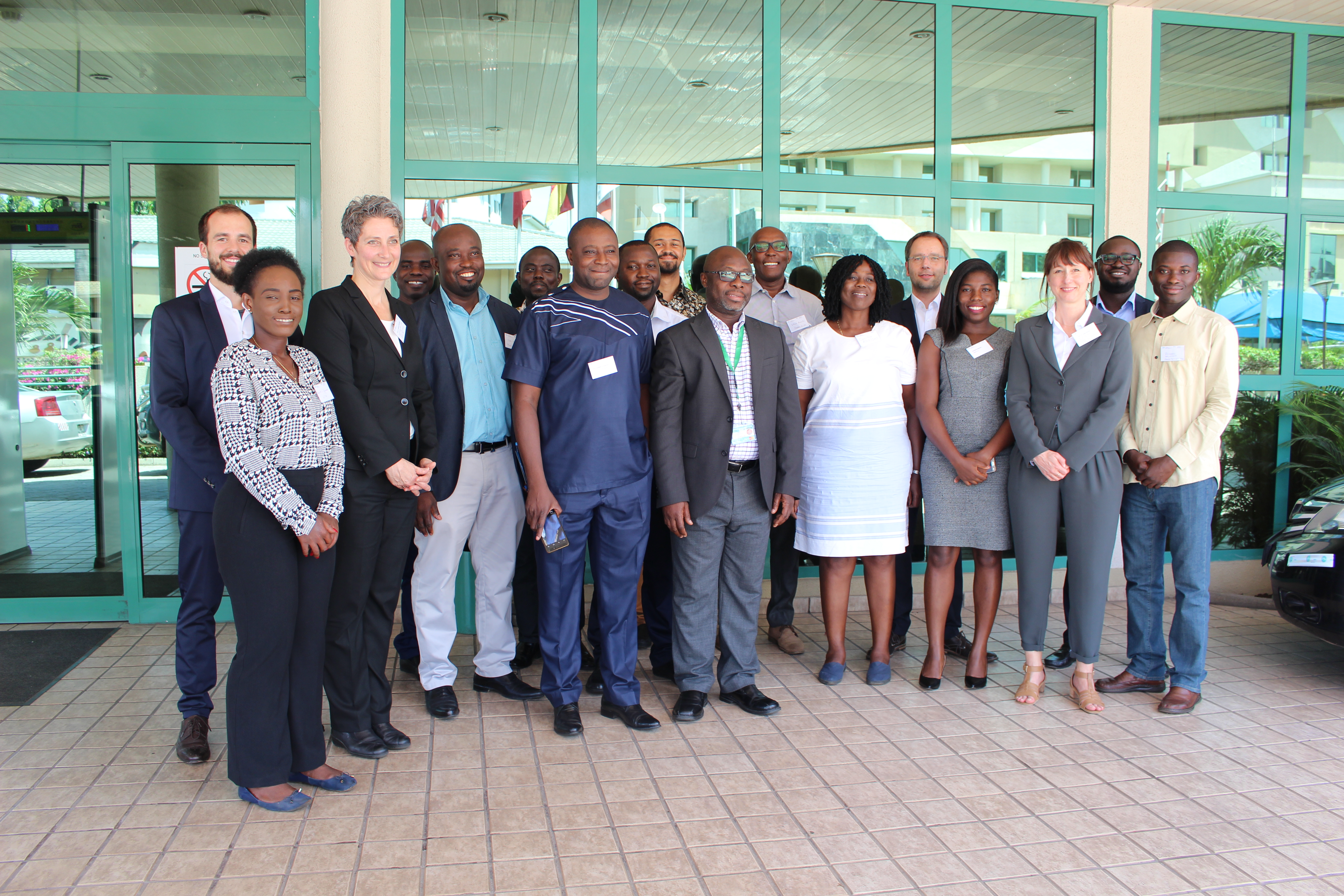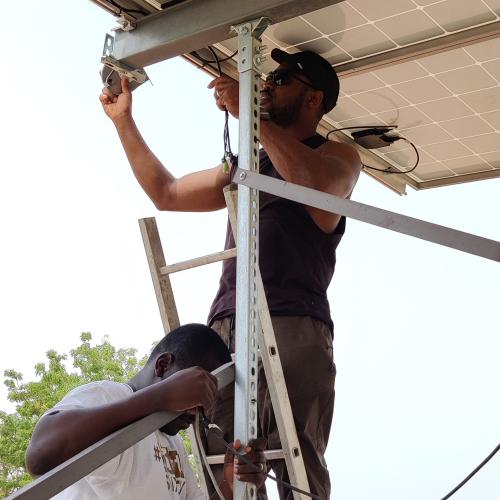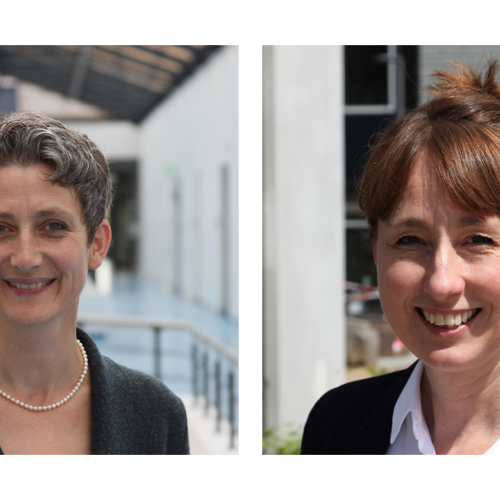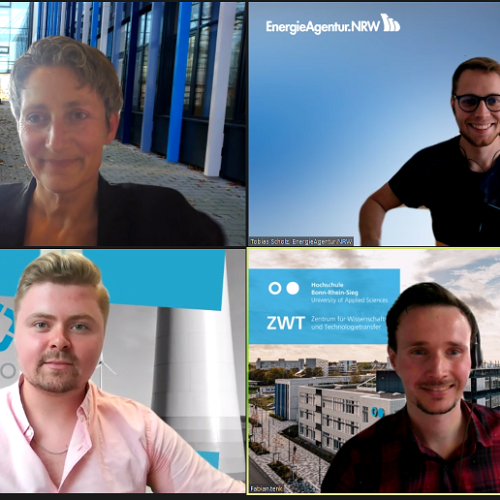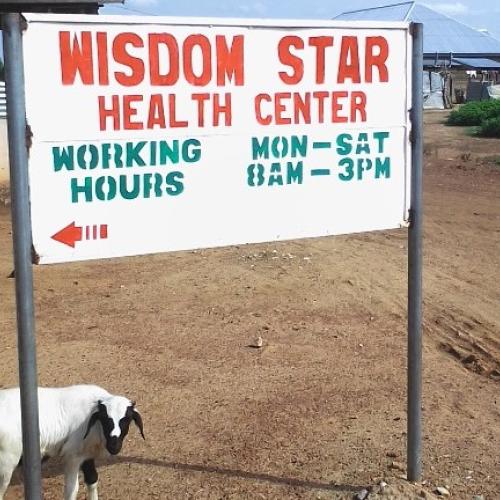EnerSHelF publishes pre-print

Coordinator: Hochschule Bonn-Rhein-Sieg
Address: Grantham-Allee 20, 53757 Sankt Augustin
Contact Person: Prof. Dr Stefanie Meilinger
Phone: +49 2241 865 718
Email: stefanie.meilinger(at)h-brs.de
Contact Person: Prof. Dr Katja Bender
Phone: +49 2241 865 7 9660
Email: katja.bender(at)h-brs.de
Project partners in Germany
Project partners in Ghana
As in many developing and emerging countries, power outages occur again and again in Ghana. Added to this is the instability of the power grid. Both of these factors are causing considerable damage to the healthcare sector, as the light in the operating room may go out or life-saving medical equipment may fail. Although photovoltaic (PV) power could help, the PV market in Ghana is still relatively underdeveloped. In the German-Ghanaian joint project EnerSHelF, experts from science and industry of the various disciplines work together on both technical and politico-economic questions to improve and disseminate marketable PV-based energy solutions for health facilities in Ghana.
Lack of access to energy and healthcare
The young democracy of Ghana is one of a group of countries with a (lower) middle income, and has achieved significant developmental successes in the last two decades. However, these are at risk due to limited access to energy. Since 2011, there are repeated blackouts ("dumsor") and the public power grid is unstable. The energy crisis has a significant negative impact on the performance of the Ghanaian health sector, thereby reinforcing existing problems in accessing health services. The current Ghanaian government has committed itself to ensuring universal access to energy by the end of the current 2021 legislature. Renewable energies, especially photovoltaics (PV), are regarded as important solutions.
Despite good irradiation conditions, the solar market in Ghana is still relatively undeveloped. Although PV technologies were introduced in Ghana back in the 1990s, distribution of these systems has been low. The Ghanaian health care sector is a particularly interesting target market from a business perspective: PV systems typically become financially viable due to the high cost of electricity and unstable networks and the use of diesel generators as back-up. The healthcare sector could also serve as an opening to further establish PV in the Ghanaian market. However, the viability of approaches also depends on the consideration of country and sector-specific factors in system planning and operational management optimisation, and requires a better understanding of demand structures and local variability of existing solar resources as well as a good understanding of the institutional framework conditions.
Interdisciplinary search for solutions
Various disciplines are working together within the project: From a economic development perspective, options for strengthening governance structures in the Ghanaian energy and health sector are to be developed. This is based on empirical analyses of the barriers and drivers of institutional change towards a sustainable energy revolution and of the decision-making behaviour of decision-makers in healthcare facilities and companies regarding the adoption of PV solutions. From a technical point of view, field tests of PV-based solutions and the improvement of the data situation will initially be in the foreground (energy meteorological data and load data). The data serves as the input of newly developed tools and algorithms. The aim is to achieve greater reliability in the planning, design and control of PV-diesel hybrid systems as well as a context-specific electrification strategy.
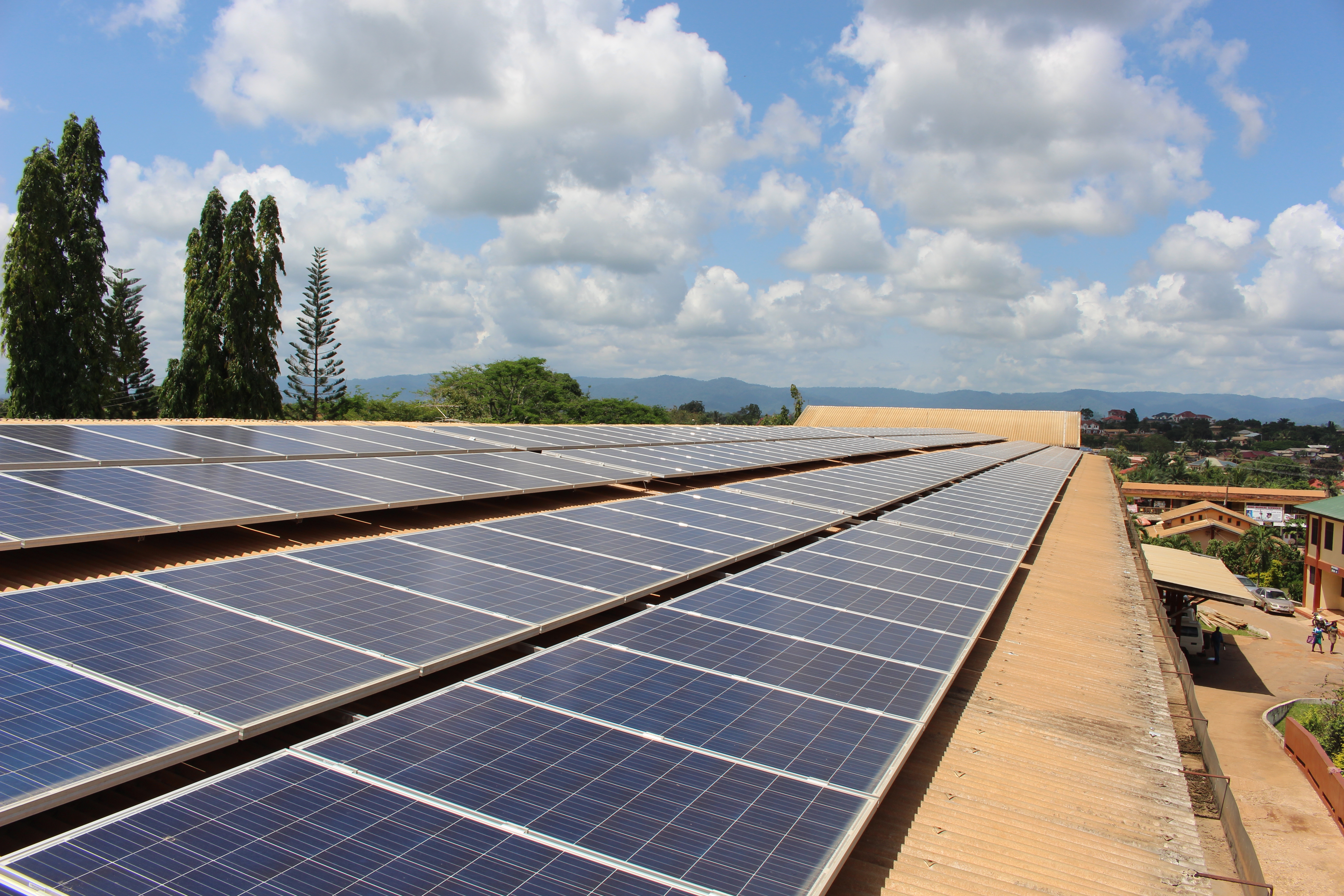
Collaboration between technical disciplines (engineering and natural sciences) and social sciences (development economics) allows the project to gain an integrative understanding of the interplay between the institutional and technological transition in the health-energy nexus. In particular, this deals with the question of how the interaction between the development and dissemination of technological solutions and the specific institutional and political-economic country context works.
Contribution to sustainable development
The project can indirectly contribute to sustainable economic, environmental and social development: An accelerated diffusion of integrative and reliable PV solutions supports an increase in the market share of renewable energies and thus a strengthening of the sustainability of the national energy system. The latter has positive ecological effects due to a reduction of emissions and diesel consumption. In addition, improved energy access and reduced energy costs will allow for improved healthcare. This will improve the health of the population in the long term - this will also be supported by a reduction in the negative health effects of diesel emissions.
The cornerstone for ensuring the exploitation of results is the close cooperation between Ghanaian and German stakeholders during the project lifetime. This will increase the perception of and confidence in project results and thus the likelihood of their reuse. The project partners also act as multipliers themselves. In order to make the findings of the project take effect outside the project team, an evidence-based learning process will be initiated with relevant national and international stakeholders to support the dissemination of PV-based energy solutions in the health sector and to review the intersectoral and international transferability of the obtained results.
